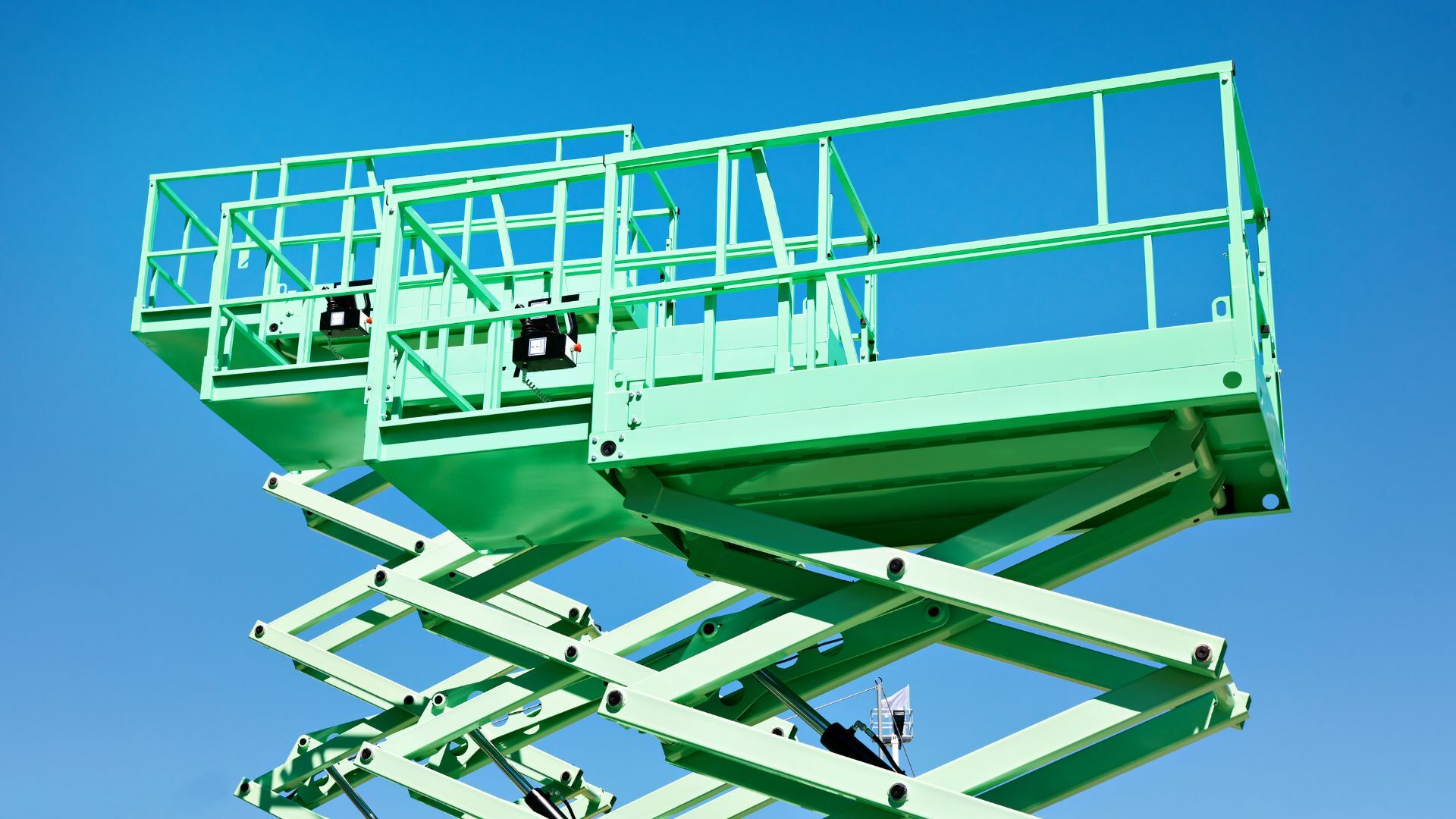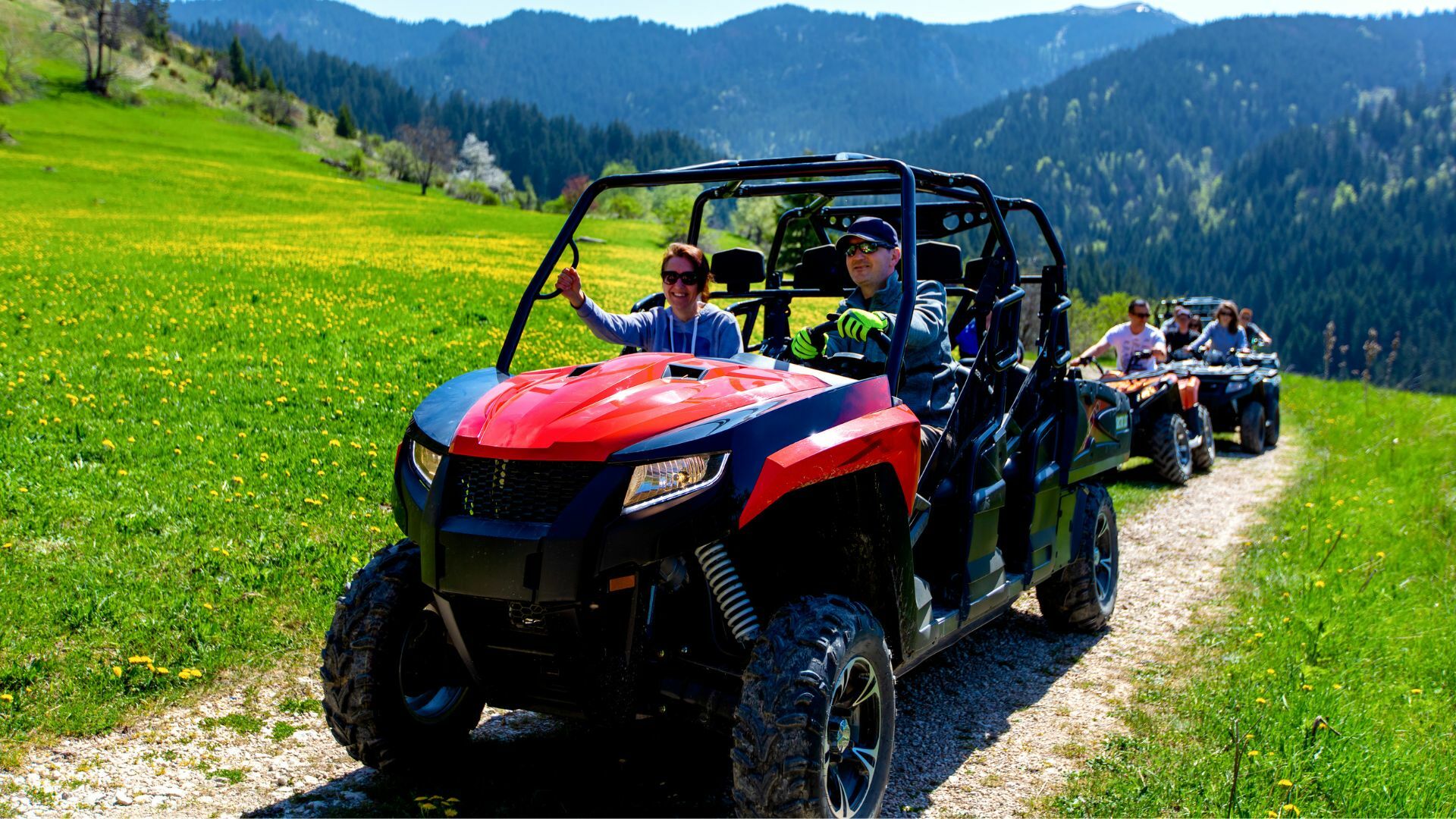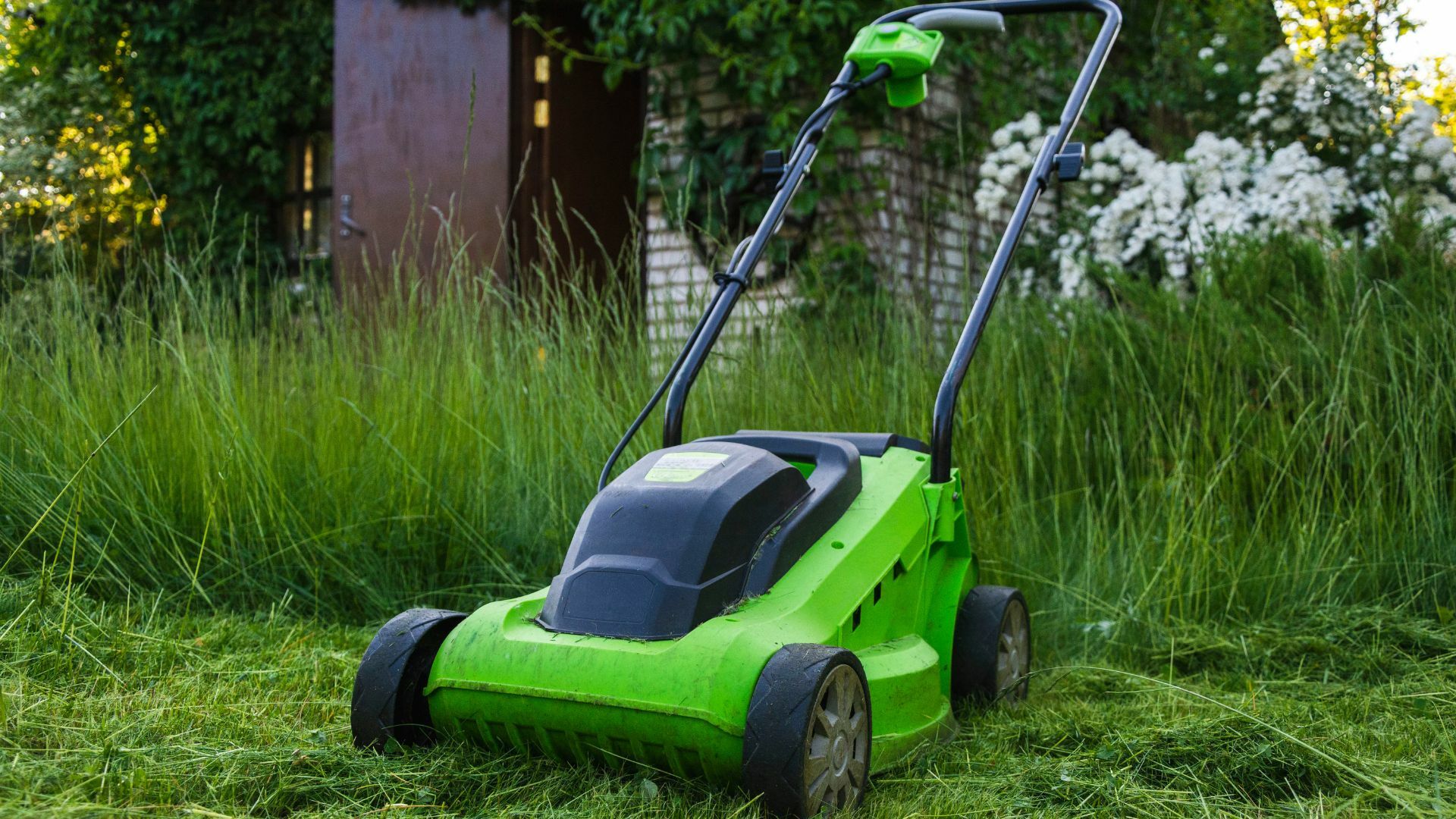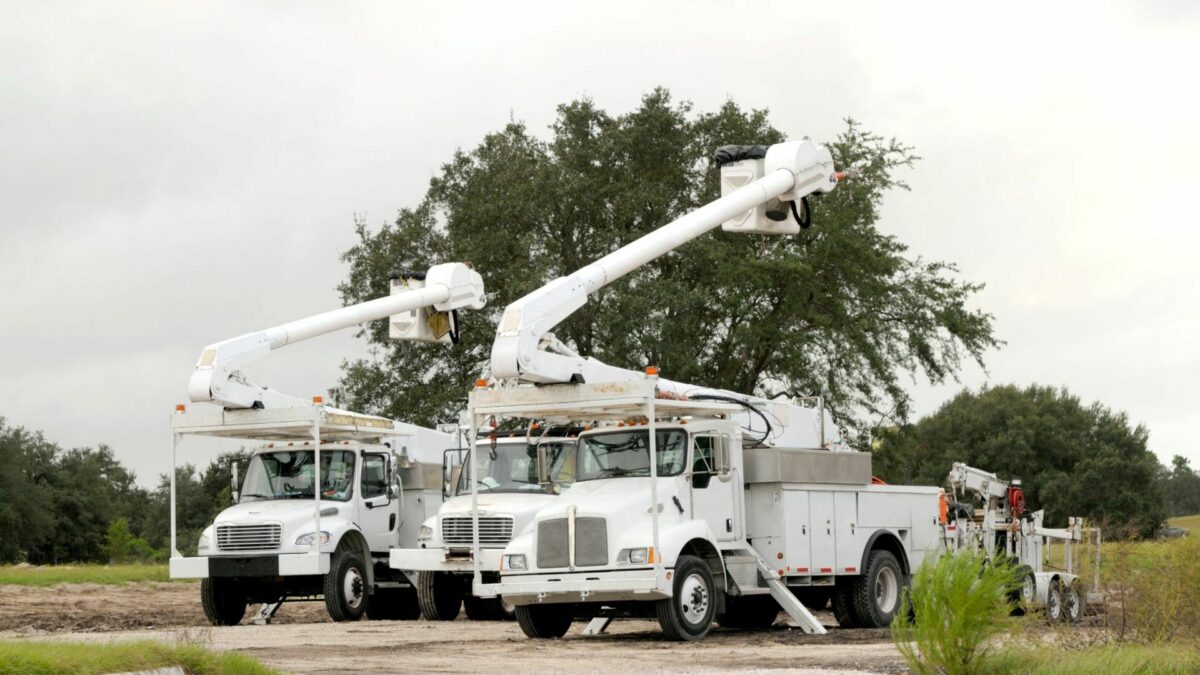Whether you’re a landscaper, hardscaper, dealer, arborist, or chemical applicator, the outdoor equipment that powers your projects needs to be reliable, cost-effective, and long-lasting. However, there is an increasing amount of products available on the market, making it more difficult than ever to research and select the optimal ones. For example, with the drastic decline in lithium battery costs over the past decade, items like lawnmowers, aerial lifts, bucket trucks, all-terrain vehicles (ATVs), utility task vehicles (UTVs), and personal transportation vehicles (PTVs) are increasingly being powered by lithium batteries. In fact, cordless electric outdoor equipment models are growing nearly twice as fast as gasoline-powered models. Additionally, 100 U.S. municipalities already restrict gas-powered outdoor equipment, with the entire state of California set to follow suit in 2024. Given that battery-powered outdoor equipment will soon completely overtake gas-powered outdoor equipment, it is important for you to determine which type of battery is best suited to your needs - whether that be efficiently completing a personal project or growing your business. Below we cover the top five reasons why lithium batteries - specifically lithium iron phosphate batteries - are the optimal choice to power outdoor equipment across a wide range of applications.
- LiFePO4 batteries have maximum temperature tolerance
- Lithium offers the highest usable capacity
- Lithium offers maximum efficiency
- LiFePO4 batteries are maintenance-free
- Lithium batteries offer the lowest total cost of ownership

Maximum Temperature Tolerance
First and foremost, you need to make sure the batteries you’re using to power your equipment are all-weather batteries that can handle either extreme heat or extreme cold. For example, lithium cobalt-based batteries, such as lithium nickel manganese cobalt oxide (NMC), are well known for experiencing thermal runaway, overheating, and posing a higher risk of fire. Lithium iron phosphate (LiFePo4 or LFP) batteries, on the other hand, are not prone to thermal runaway or fire due to a strong covalent bond. As a result, LFP batteries offer the greatest heat tolerance, making them the safest battery chemistry available today. The most advanced LFP batteries also offer a second layer of protection through a sophisticated battery management system (BMS) that operates at the cell level to provide maximum protection.
When it comes to handling cold temperatures, lithium batteries like the InSight Series® batteries operate 2.5 times more efficiently at low temperatures compared to lead-acid batteries. InSight batteries also have significantly more capacity and voltage retention in the cold when compared to lead-acid batteries. They are safely operational up to 149° (65°C).
Highest Usable Capacity
The last thing you want when using your outdoor equipment is to have to constantly recharge the batteries in the middle of a project. Making sure that you have maximum usable battery capacity will prevent headaches like this down the line. Compared to lead-acid batteries, lithium batteries offer 25 to 50 percent more usable capacity as well as full power throughout the majority of the discharge. This is due to several factors, the main one being that lead-acid batteries cannot be discharged more than 50 percent without being damaged, unlike lithium batteries which can be discharged up to 100 percent. In other words, if you need 10 kilowatt hours (kWh) of energy storage, you can just purchase 10 kWh worth of lithium batteries. However, you would need to purchase up to double the energy storage capacity - or 20 kWh - worth of lead-acid batteries just to achieve the same usable capacity as the 10 kWh lithium battery bank. It’s important to note that not only will lead-acid batteries have significantly less usable capacity, but leaving a lead-acid battery in a partial state of charge is also one of the leading causes of early failure for this type of battery. RELiON’s Legacy Series lithium-ion batteries offer the perfect combination of capacity and size for a wide range of equipment. These batteries come in a variety of standard BCI sizes including Group 24, 27, 31, and 8D for easy drop-in replacement.

Maximum Efficiency
Many contractors, landscape designers, nursery owners, other outdoor business owners, and equipment operators don’t know that not all batteries operate with the same rates of efficiency. This is a pertinent specification to consider so as to minimize wasted energy. Lithium-ion batteries offer 99 percent roundtrip efficiency, which is defined as the amount of energy that is stored in a battery in comparison to how much of that energy is actually able to be used. The higher the round-trip efficiency, the less energy that is lost in the charge and discharge process. Alternatively, lead-acid batteries only offer 75 to 80 percent efficiency, which results in significant energy losses when recharging, and therefore less usable energy.
Maintenance-Free
One of the top benefits of lithium batteries is that you do not have to continually water them and they do not corrode if not maintained properly like lead-acid batteries. This saves precious time that could otherwise be spent on outdoor projects or growing your business. They also have a very low self-discharge rate, which means you don’t have to worry about the batteries losing capacity when they sit idle, unlike lead-acid batteries. Lithium batteries truly are set-and-forget batteries.
Additionally, compared to gas-powered machines, you do not have to continually refuel battery-powered machines, let alone breathe in toxic fumes or cause noise disturbances. There are also fewer moving parts within products like electric mowers and electric vehicles compared to their gas-powered counterparts, further reducing any maintenance that might otherwise be needed.

Lowest Total Cost of Ownership
For all of the reasons above and more, lithium batteries offer the lowest cost of ownership over the lifetime of the battery. In fact, lithium batteries last up to 10 times longer compared to lead-acid batteries, significantly reducing replacement costs. This is due to several factors, including their ability to operate in partial states of charge without damage, and the lack of need for perfectly maintaining water levels to achieve optimal performance and longevity. The fact that lead-acid batteries are limited by their lower depth of discharge and efficiency, which drastically reduces their actual, usable capacity, also directly translates to a higher price per kilowatt-hour. Additionally, although gas-powered equipment may often be less expensive upfront, there are many more moving parts that are prone to requiring repairs compared to more straightforward and simple battery-powered equipment. For example, there are no oil changes, spark plug replacements, or carburetor adjustments to worry about with battery-powered equipment.
Now that you know the benefits of lithium batteries for outdoor power equipment, particularly in comparison to gas and lead-acid battery-powered equipment, you should be able to make a more informed decision about the best battery for your needs. RELiON has multiple lithium iron phosphate batteries that are perfect for multiple types of outdoo equipment. If you have any additional questions about which batteries to power your outdoor equipment with, get in touch with RELiON today.
